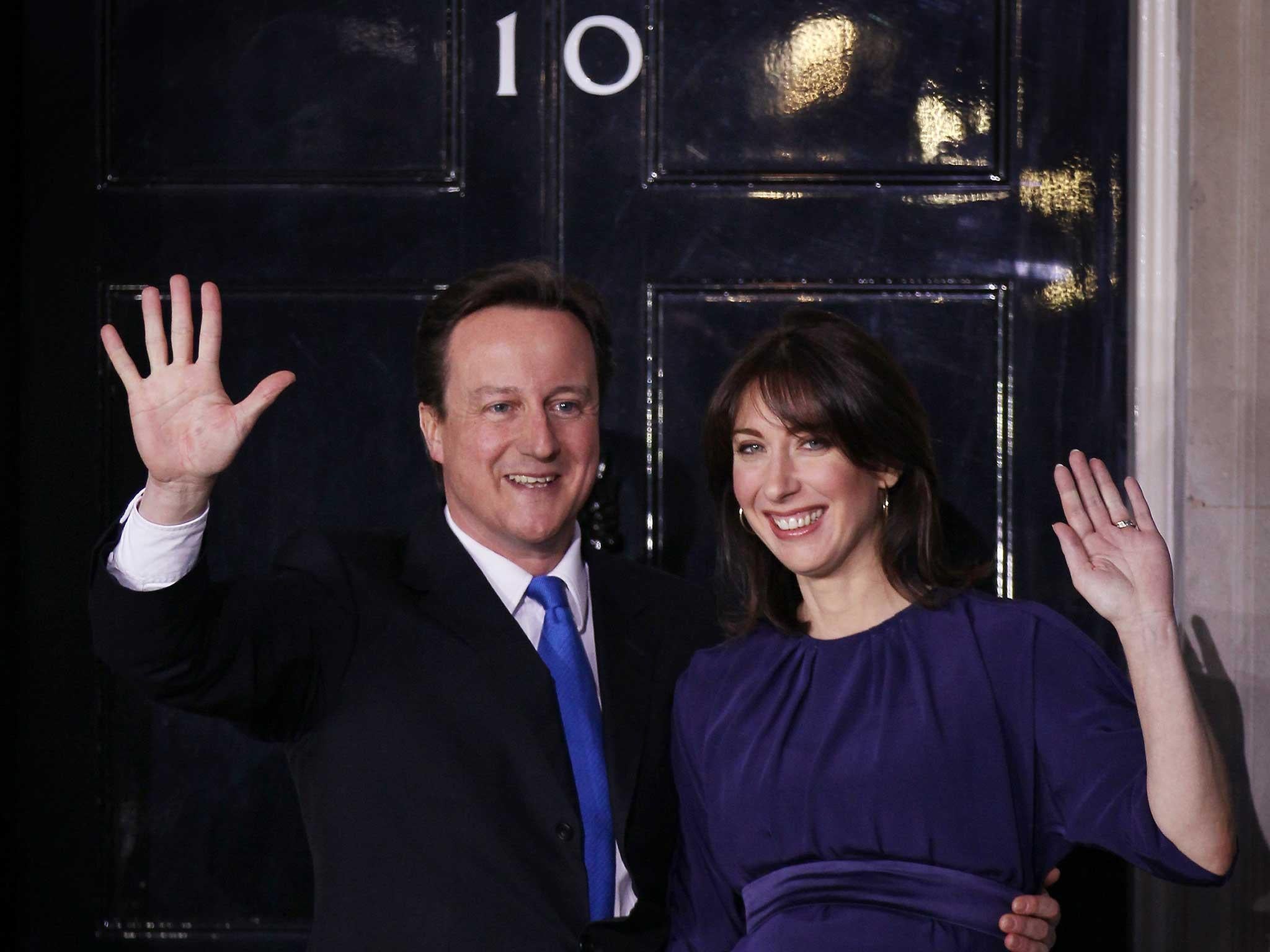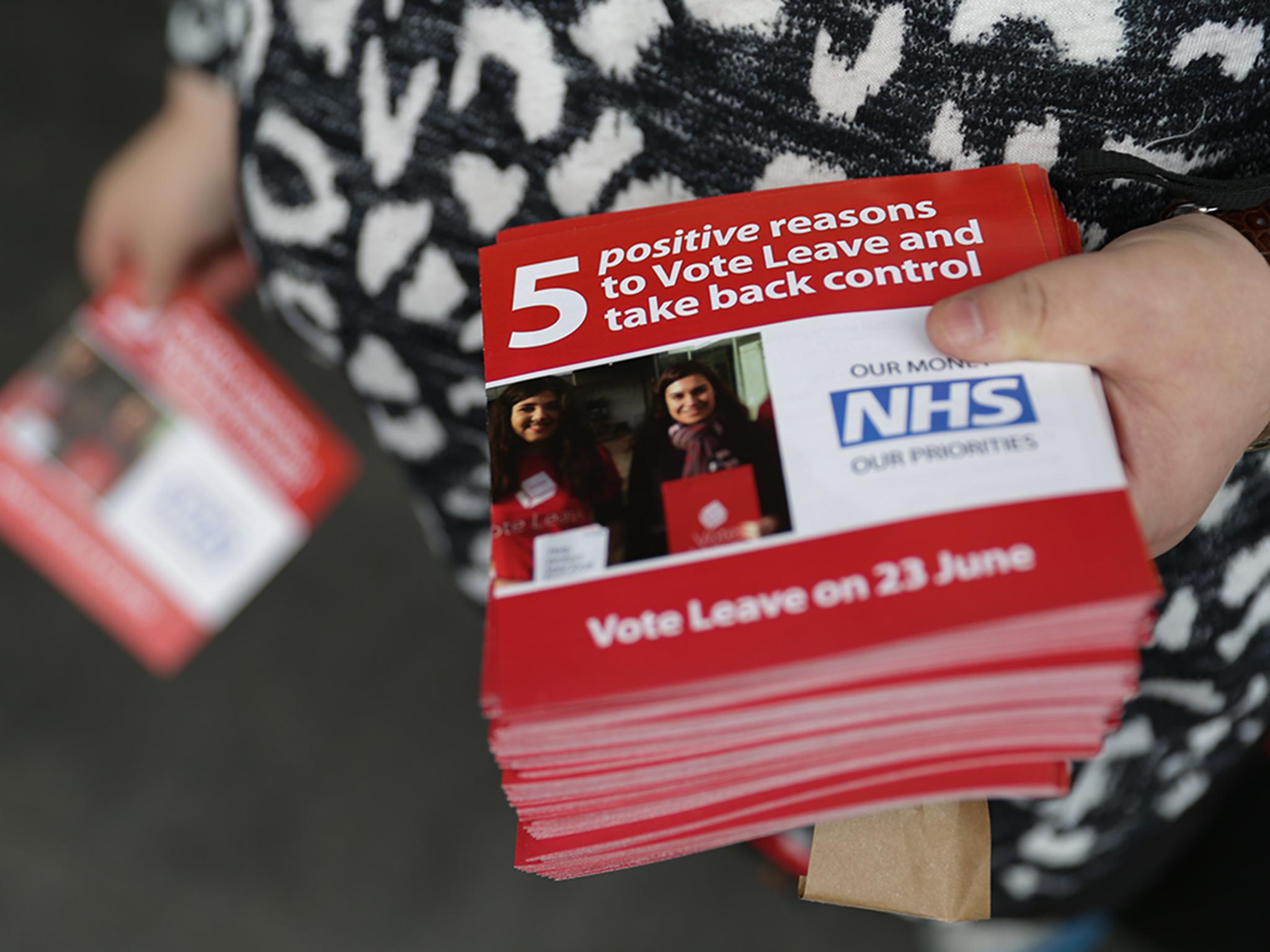Britain voted to leave the European Union on Thursday by 52 per cent to 48 per cent.
Election night brought many surprises and confirmed many suspicions. Here are the five things that we learned the night Europe awoke one country smaller.
Britain is polarised between young and old

Today’s referendum was a victory for the grey vote. Just 39 per cent of people over 65 backed Remain, according to YouGov’s recontact survey.
Young people are being taken out of the EU against their will. A huge 75 per cent of people under 25 want to remain in the EU, but it’s popular with people in their middle age as well – 56 per cent of under 50s voted to Remain.
With just four points between Leave and Remain, and more young people entering the voting age population all the time, Britain could have a Remain majority before secession negotiations are even done.
It’s London, Scotland, and Britain’s educated cities against the rest

Every single electoral region of Scotland voted to Remain, most by large margins. London voted to remain with extreme levels. Some metropolitan cities like Liverpool and Manchester also wanted to stay.
But across swathes of England and Wales, voters went for Leave by large margins.
Exceptions include places like Oxford, Cambridge, Bristol and Brighton - mainly university towns.
The split cleaves to a wider emerging divide in British politics between forward-looking cosmopolitans and those left behind by globalisation, terrified of immigration and seeing their communities change.

We’ll have a new Prime Minister by October

David Cameron resigned this morning. He said he wanted his replacement to be in post by Conservative party conference n October.
Runners and riders include Boris Johnson, George Osborne, Nicky Morgan, and Theresa May. Others could make a surprise appearance – Conservative leadership contests are rarely a predictable affair.
The United Kingdom could be gone soon

The Scottish National Party has said Brexit would trigger a second Scottish independence referendum. Previous polls suggest the Scottish public would vote out if staying in meant leaving the EU.
The settlement in Northern Ireland, too, looks under threat. Northern Ireland voted to Remain solidly and Sinn Fein has called for a referendum on continued membership of the EU. The entire Good Friday agreement is based on aspects of UK and Irish law already being harmonised through the EU.
The NHS won’t be getting £350 million

The Leave campaign was rapped by the UK Statistics Authority during the campaign for claiming the UK sent the NHS £350 million a week.
Nigel Farage has already distanced himself from the pledge, which Vote Leave emblazoned on a bus. “No I can’t [guarantee it], and I would never have made that claim. That was one of the mistakes that I think the Leave campaign made,” he told ITV’s Good Morning Britain.
The Chancellor George Osborne has said cuts to the NHS will have to be made.
Join our commenting forum
Join thought-provoking conversations, follow other Independent readers and see their replies
Comments